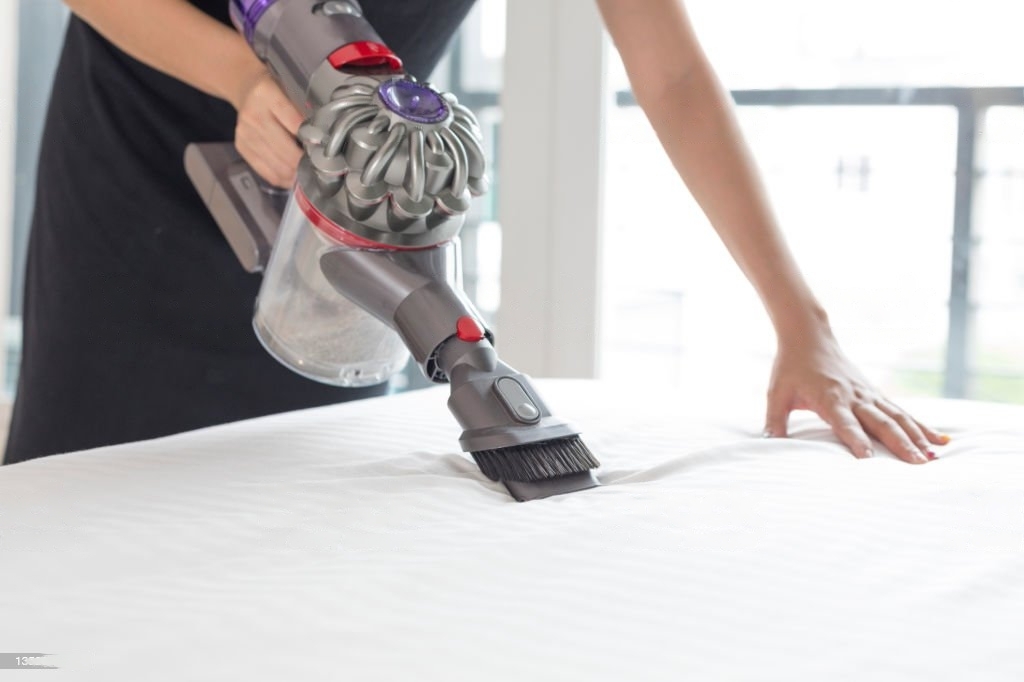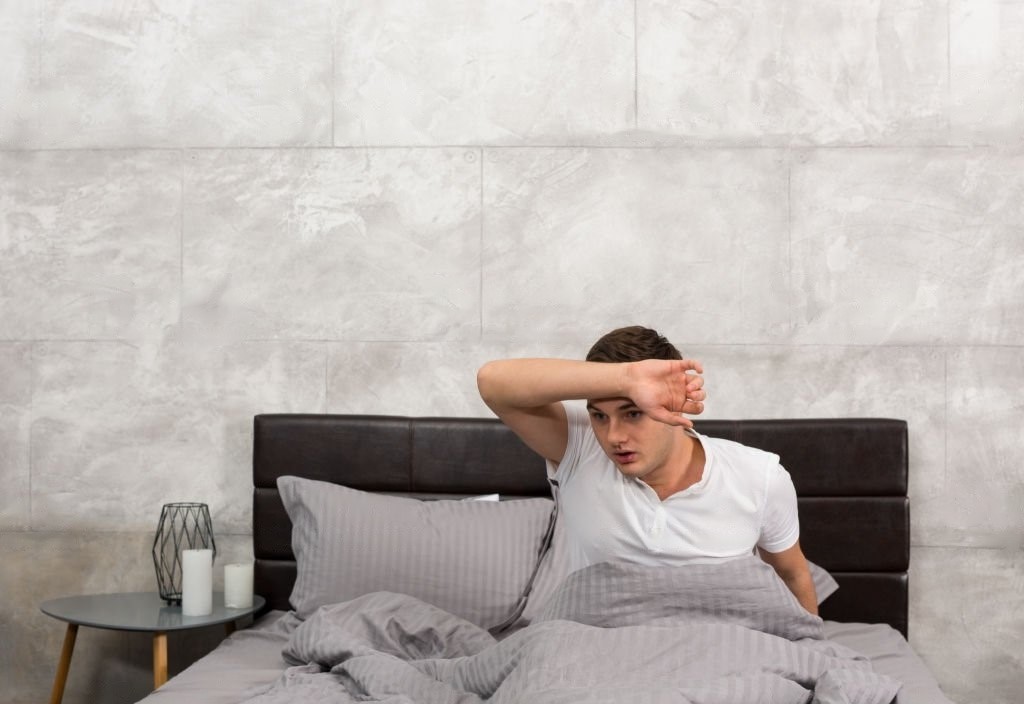Sleeping posture is often overlooked but it plays a crucial role in ensuring a good night’s sleep. When we sleep, our body is in a state of complete rest and it is during this time that the body repairs and rejuvenates itself.
However, if the posture in which we sleep is not correct, it can lead to a host of problems such as back pain, neck pain, and even headaches. The right sleeping position not only helps to prevent these pains, but it also reduces snoring, improves breathing, and promotes better spinal alignment.
It’s important to note that the correct sleeping posture can be different for everyone, as we all have different body types, medical conditions, and preferences. But, there are certain things you must-know when it comes to finding the right sleeping posture for yourself. In this blog, we will discuss the importance of correct sleeping posture, and provide tips and tricks on how you can find the right posture for yourself and improve your sleep quality.
Why is Correct Sleeping Posture Important?
When we sleep, our bodies are in a state of complete relaxation. This means that our muscles are not actively supporting our weight and our spines are not in a neutral position. If we do not have the perfect sleeping posture, it can lead to strain and tension on our muscles and joints. This can cause pain, stiffness, and even long-term injuries.
For example, sleeping on your stomach can put a lot of strain on your neck and spine. This can lead to chronic neck pain and even headaches. Sleeping on your back, on the other hand, can help keep your spine in a neutral position and reduce the risk of back pain.
Proper sleeping posture also plays a key role in breathing. When we sleep on our stomach, it can be difficult for our lungs to expand fully. This can lead to shallow breathing and even sleep apnea. Sleeping on your back can help open up your airway and make it easier to breathe.
In addition to the physical benefits, the correct sleeping posture can also improve the quality of your sleep. A comfortable and pain-free sleep leads to deeper sleep, which in turn leads to a more restful and rejuvenating body.
10 Tips for Achieving a Proper Sleeping Posture
1) Choose the Right Mattress and Pillow

When shopping for a mattress, consider using a mattress buying guide to find one that is both supportive and comfortable.
Use a supportive mattress. A mattress that is too soft or too firm can cause discomfort and disrupt your sleep. Also, use the right pillow that supports your neck and keeps your head in the proper position.
2) Stretch and Exercise Before Bed
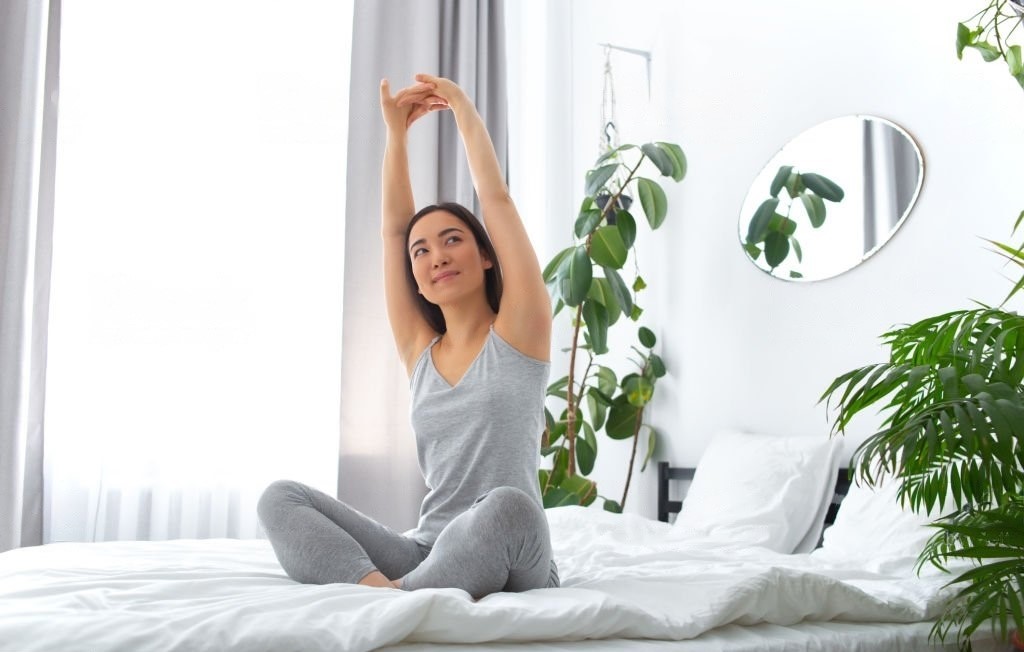
Exercise before bed can help improve your sleeping posture by increasing blood flow to your muscles, which can reduce muscle tension and stiffness. This can help your body relax and get into a perfect sleeping posture.
3) Head and Neck Alignment
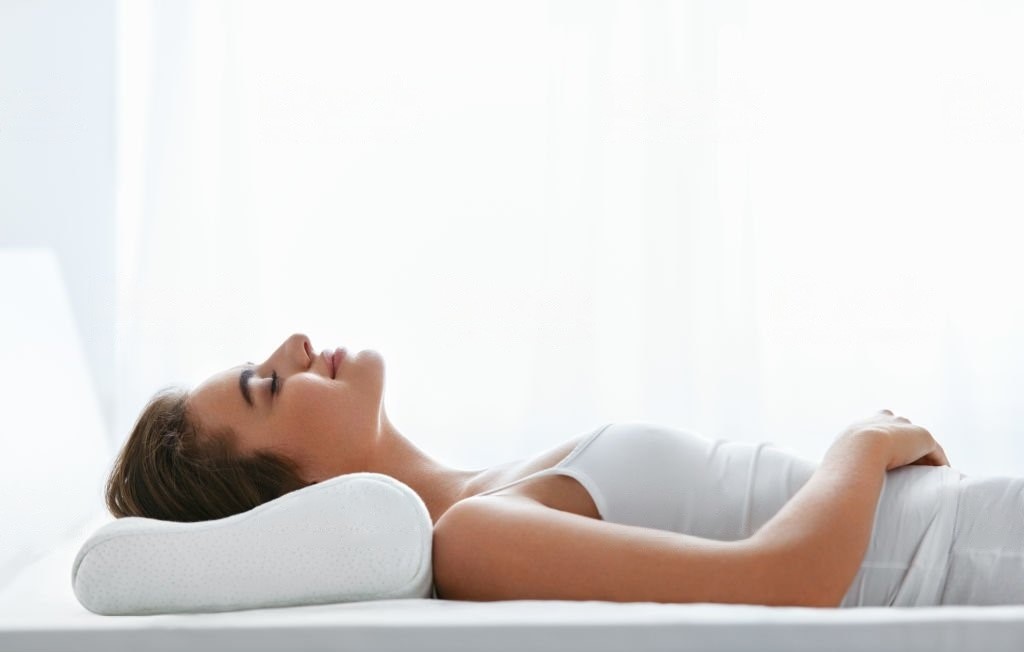
Use a pillow that supports your neck. A pillow that is too thick or too thin can cause strain and stiffness on the neck. This may lead to neck strain and stiffness. Keep your head and neck in line with the rest of your spine to keep the posture straight. This will help to reduce tension in the neck and upper back.
4) Shoulder Alignment
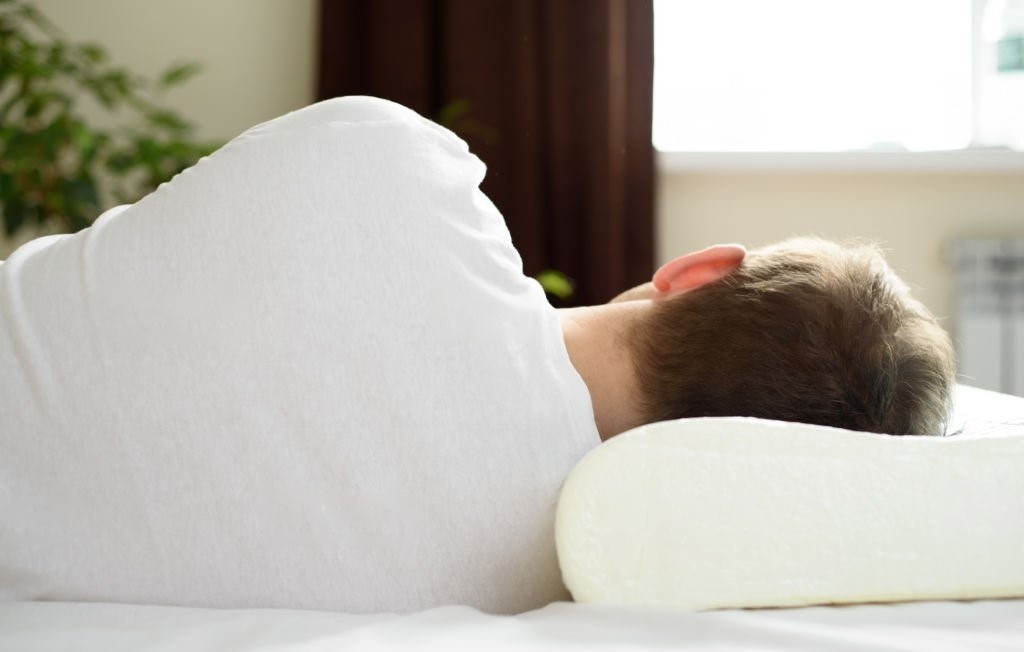
Shoulder alignment is important for maintaining good sleeping posture because it helps to keep the spine in a neutral position, which can reduce strain on the muscles and joints. When the shoulders are properly aligned, the head, neck, and spine are also in alignment, which can help reduce pain.
5) Lower Back Support

Sleeping on the back with a pillow to support the natural curve of the lower back can help to relieve pain and discomfort in the lower back. Sleeping on the side with a pillow between the knees can also help to maintain proper alignment of the spine and alleviate lower back pain.
6) Feet Should Be Flat on Bed

Keep your feet flat and avoid crossing your legs, as this can cause strain on the hips and lower back.
7) Avoid Sleeping on Stomach

Try to avoid sleeping on your stomach, as this position can cause strain on the lower back and neck.
8) Mattress Condition

A mattress that is in good condition can help support proper sleeping posture by providing the right amount of comfort and support for the body.
9) Avoid Electronic Devices Before Bed
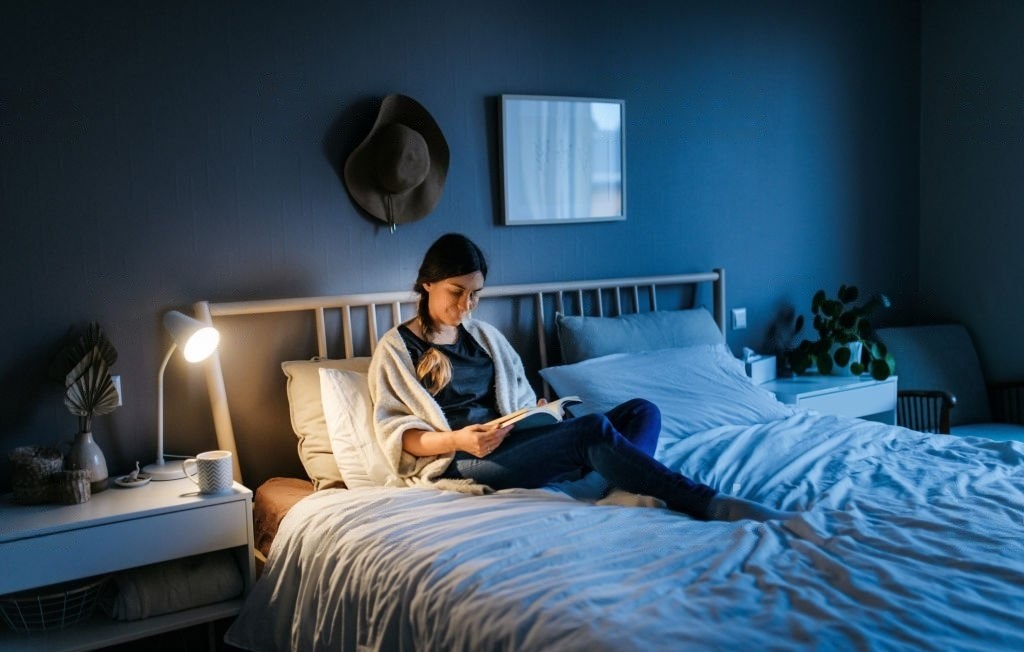
Try to avoid using electronic devices for at least 30 minutes before bedtime, as the blue light emitted by these devices can interfere with your body’s production of melatonin, a hormone that regulates sleep.
10) Keep Room Comfortable

Keep your room cool and dark, and use earplugs or a white noise machine to block out sound if necessary.
Conclusion
In conclusion, having the correct sleeping posture is crucial for maintaining good physical health and well-being. It can significantly reduce the risk of developing serious health issues such as back pain and sleep apnea.
It’s important to note that people should find the most comfortable position that works for them and their body, and avoid staying in one position for too long. Finding the right sleeping posture can be done through trial and error, by using proper bedding and pillows or you can always consult a doctor or a physical therapist. With these tips in mind, you’ll be on your way to better sleep and a healthier, happier life.




